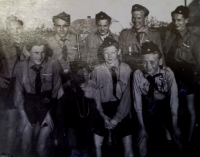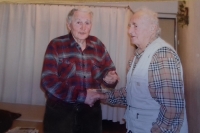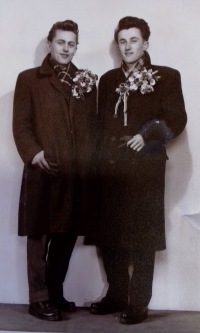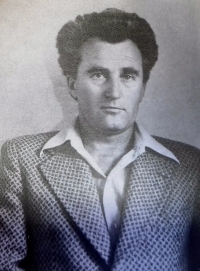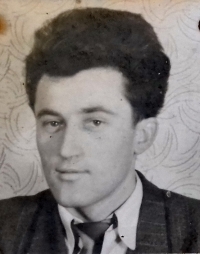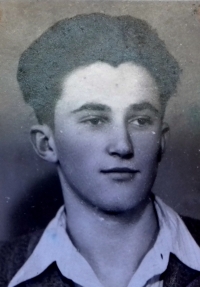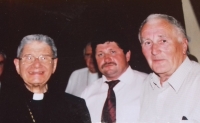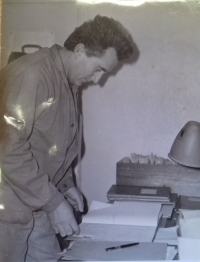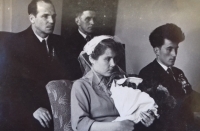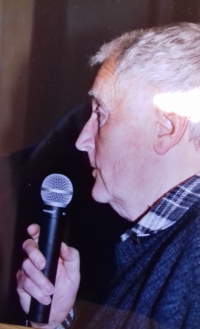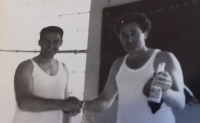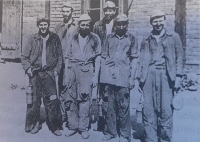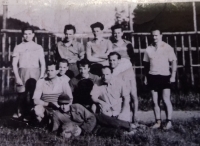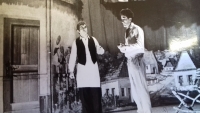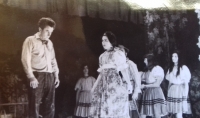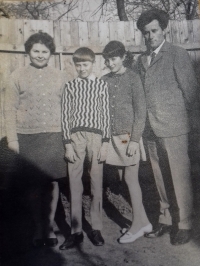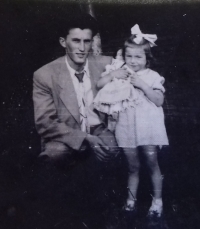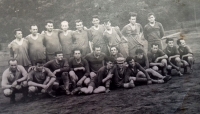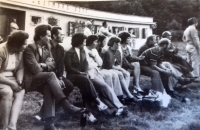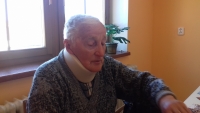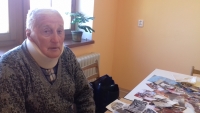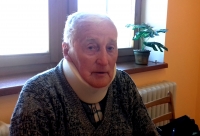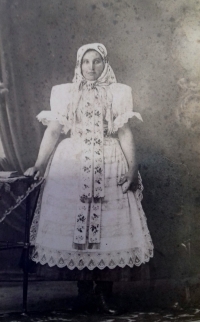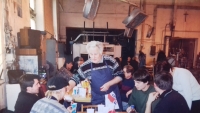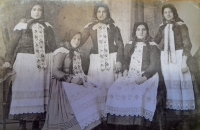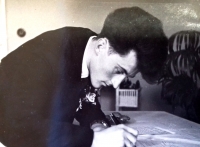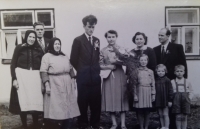I’ve always wanted to be true in life

Download image
Vladimír Bílík was born January 4, 1932 in Těšice, today a part of Mikulčice, in the Hodonín region. He grew up with his sister in humble circumstances because his parents had travelled to Soviet Stalingrad and had sold off all their belongings. His father was a civil servant and in 1935 the family moved with him to Hustopeče. That’s where Vladimír started primary school. In October 1938 the family had to move away because the city was to become part of the Third Reich as a result of the Munich Agreement. Ever since then the family lived in Mikulčice and father commuted to Hulín for work. Vladimír engaged in sports and even in the Scout movement after the war. In 1947 he went to be apprenticed as a glass cutter in Nižbor near Beroun. After his apprenticeship he stayed in the company, working there until he started his military service in 1952. He was drafted, labeled politically unreliable and sent to the mines in Horní Suchá with the Technical auxiliary battalions. He returned to his ill mother in Mikulčice shortly after his return to civilian life and never came back to the glassworks. He got married in 1956 and has raised two children with his wife Vlasta. Vladimír engaged in various sports, led the youth soccer, volleyball and table tennis teams and later also pursued Scouting. In 2017 he received an honorable mention for his life’s dedicated work with the youth in the field of table tennis.
